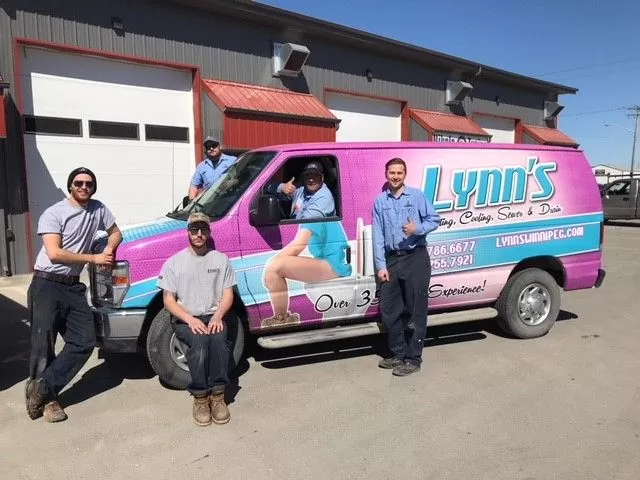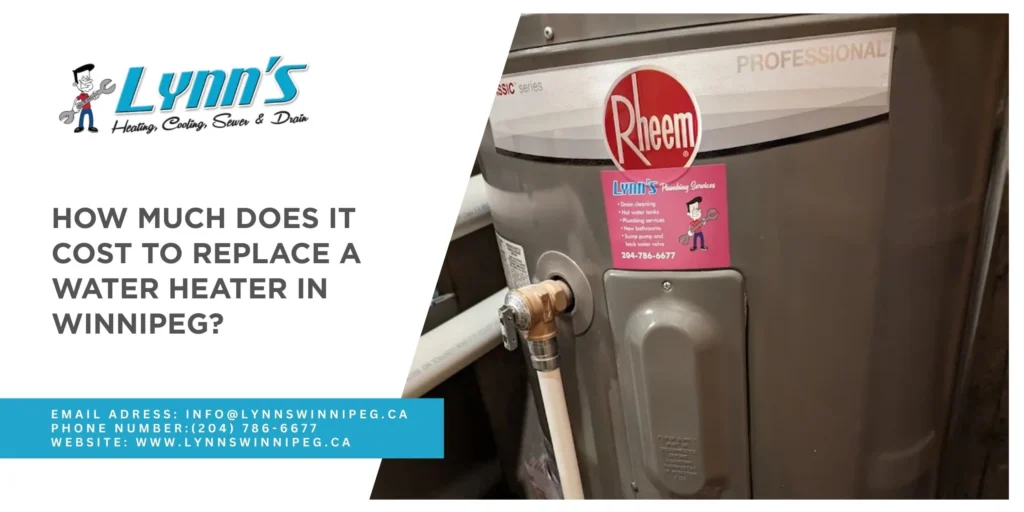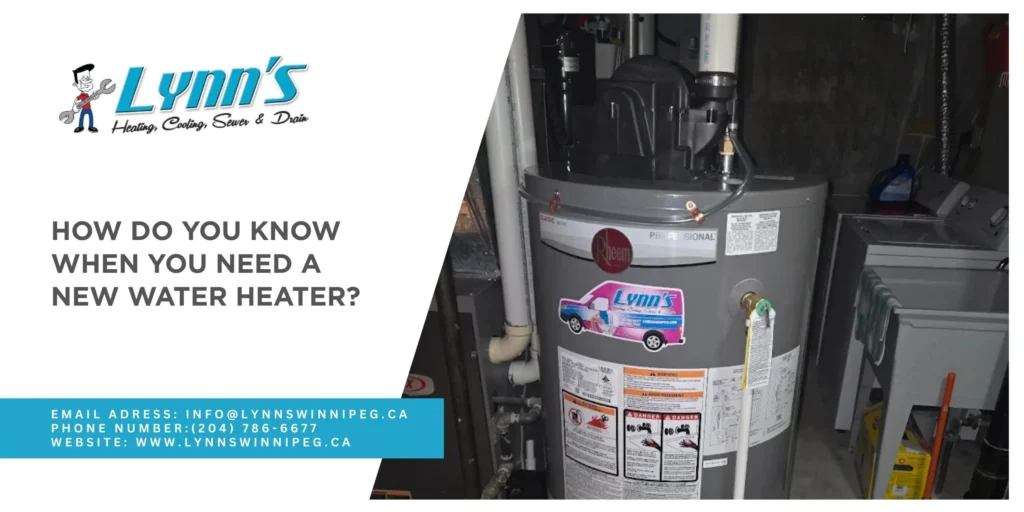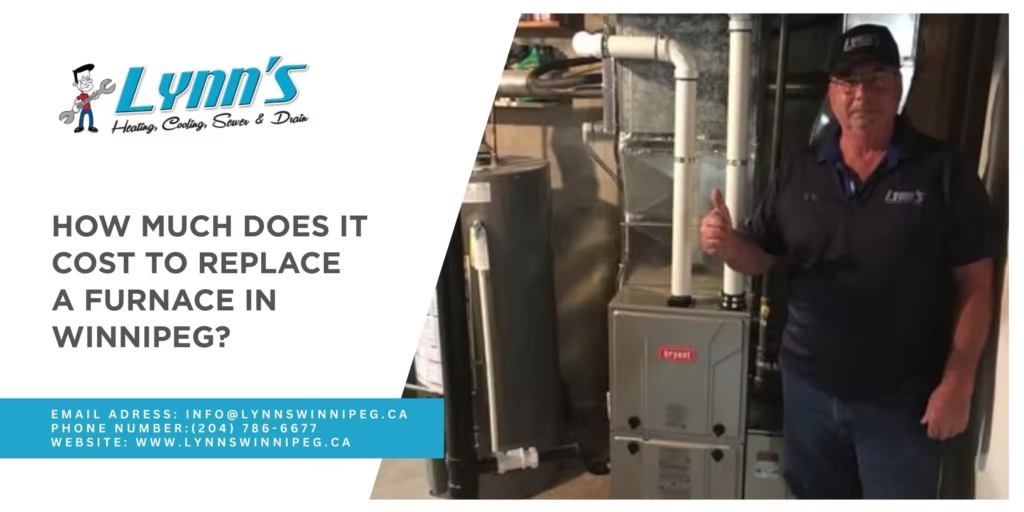Electric vs gas water heaters, both have their pros and cons. Electricity and natural gas are accessible resources that work well in different scenarios. It is best to understand what each option offers before picking the type of water heater for your home. Speak with the hot water heater experts in Winnipeg to learn more about the various models and options.
WHAT IS THE DIFFERENCE BETWEEN Electric and Gas Water Heaters?
There are a few areas where these water heaters differ. The biggest difference is their energy source. The two types of models are defined below. An electric water heater is an appliance that uses electric heating elements to heat water for use throughout your home. A gas water heater employs convection heating, where the hot water rises. The cold water enters the tank and is heated by a gas-fired burner at the bottom. As the water warms up, it makes its way to the top of the tank to supply you with hot water. When selecting a water heater for your home, many factors come into play. You must consider the upfront costs of installation, monthly utility bills, and your personal water usage. Gas water heaters may have higher installation costs, but they lower your monthly bills. Electric water heaters are cheaper to buy, but can cost more monthly. Call Lynn’s in Winnipeg to save money and keep your water hot today.
WHAT ARE THE ADVANTAGES OF Electric and Gas Water Heaters?
Both choices have some positive aspects. Although households have different needs, they can agree that these water heaters offer benefits. Let’s compare the Rheem 40-gallon electric hot water tank and the Rheem 40-gallon gas hot water tank as an example. Rheem is a popular water heater brand that we at Lynn’s in Winnipeg recommend. The water heaters from this brand are known for their consistency and efficiency.
RHEEM 40-GALLON ELECTRIC HOT WATER TANK
- 100% Efficient
- The electricity used to heat the water stays within the tank because there is minimal heat loss.
- Easy to Use
- All new homes being sold are utilizing 40- or 60-gallon water tanks.
- Simple Installation
- These small electric hot water tanks are easy to install and service. Elements or thermostats are readily available.
- Safety
- There is no risk of gas leaks when choosing an electric water heater. You can know you are safe when you pick this option.
RHEEM 40-GALLON GAS HOT WATER TANK
- Hot Water Quicker
- The tank’s quick recovery allows it to heat water faster than any other hot water tank.
- Easy to Service
- Replacement parts are readily available if you need to make any changes in the future.
- Price Is Right
- Gas utility costs are reasonable and save you money after installation is complete.
- No Power No Problem
- Natural gas water heaters are not connected to your electrical grid. You can still have access to hot water during a storm.
WHAT ARE THE DISADVANTAGES OF Electric and Gas Water Heaters?
Like most things, electric and gas water heaters have their downsides. Here are some points to consider before making your choice. When problems arise with either type, expert hot water tank repair services can get your hot water flowing again.
RHEEM 40-GALLON ELECTRIC HOT WATER TANK
- Difficult to Install in Older Homes
- If the circuit panel is full in an older home, you need to spend time, money, and parts to install a subpanel or juggle around circuit breakers.
- Higher Monthly Bills
- The smaller the tank, the more efficient in the home. A family of four or less requires a 40-gallon electric and a family of four or more would increase the size to a 60-gallon electric water tank.
- Slower Recovery Time
- After the stored hot water supply is used up, it takes longer to heat up again than with a gas water tank.
- Relies On Electricity
- Although convenient, using electricity to heat your water means that when the power goes out, your hot water does too.
RHEEM 40-GALLON GAS HOT WATER TANK
- Pricey Installation
- These water tanks require a 4-inch chimney, and if your furnace is high efficiency, you would need a 4-inch chimney liner installed for around $1000.
- Harder to Add to New Builds
- New homes are not built with chimneys so no gas water tanks exist in the new build applications.
- Pilot Light Going Out
- Backdraft and wind coming down the chimney could blow out the pilot light, which stays on all the time, burning $5 of fuel a day. Regular maintenance can help prevent these issues.
- Less Safe
- There is a risk that your gas water heater will leak. If ignored, it can harm you and your family’s health.

















